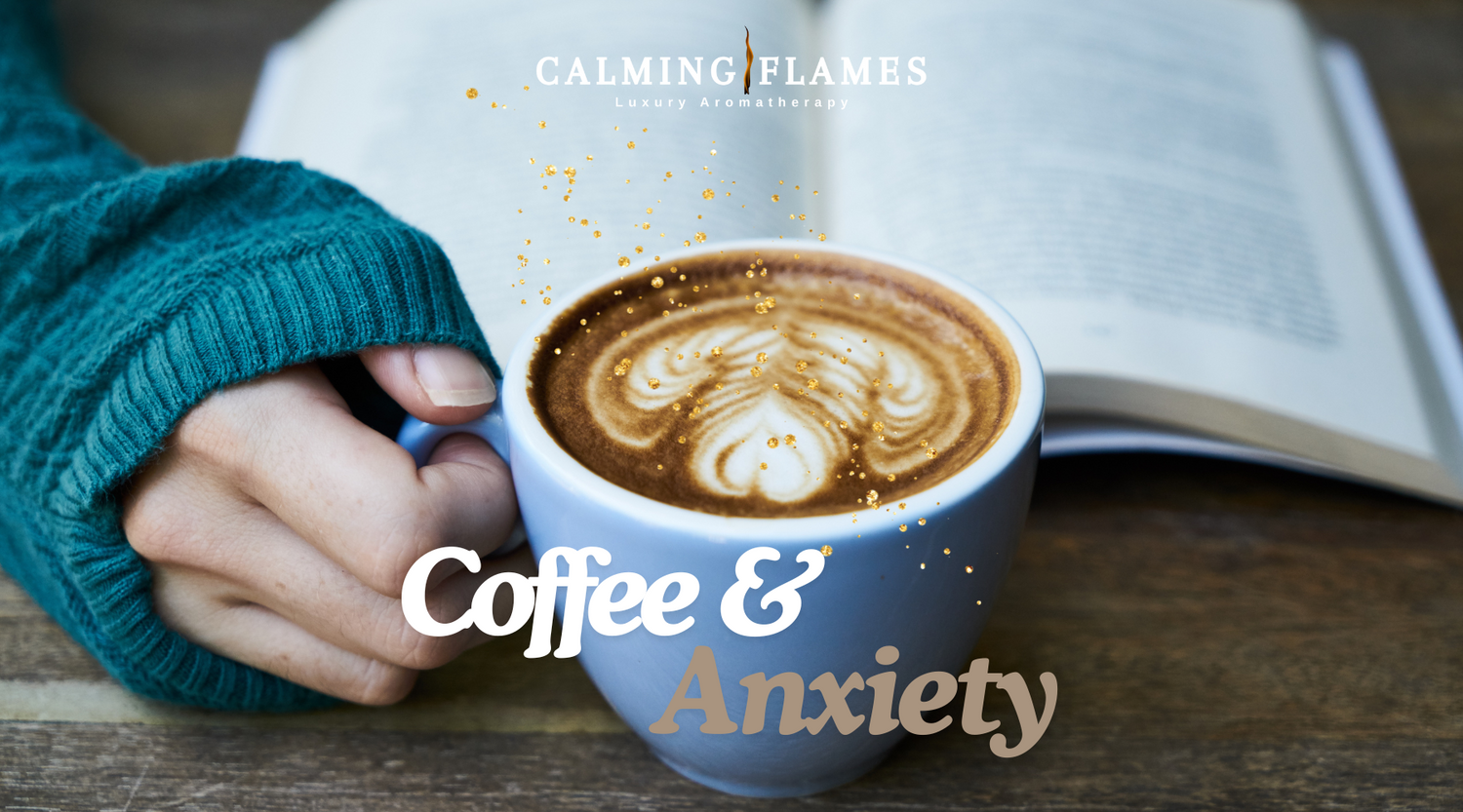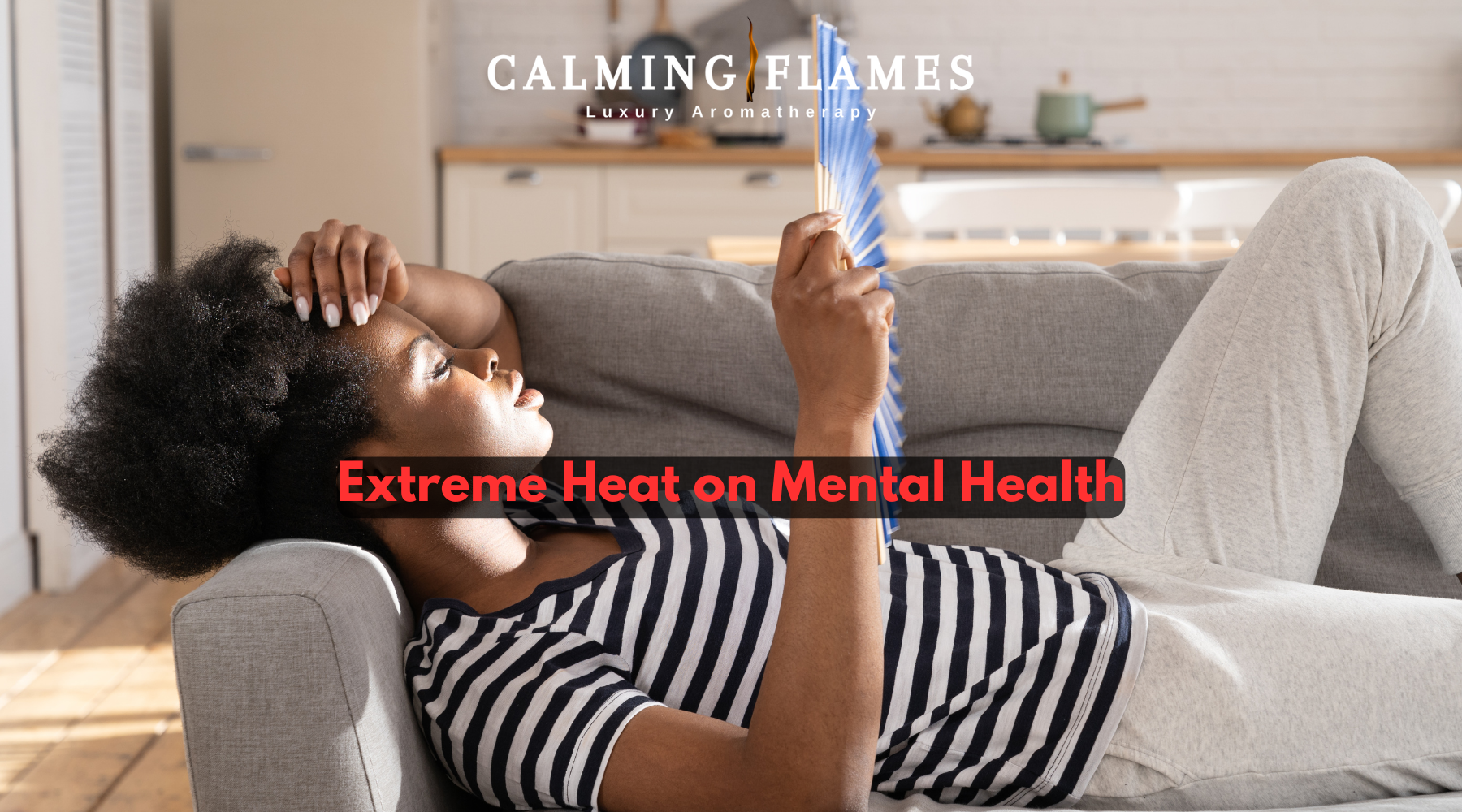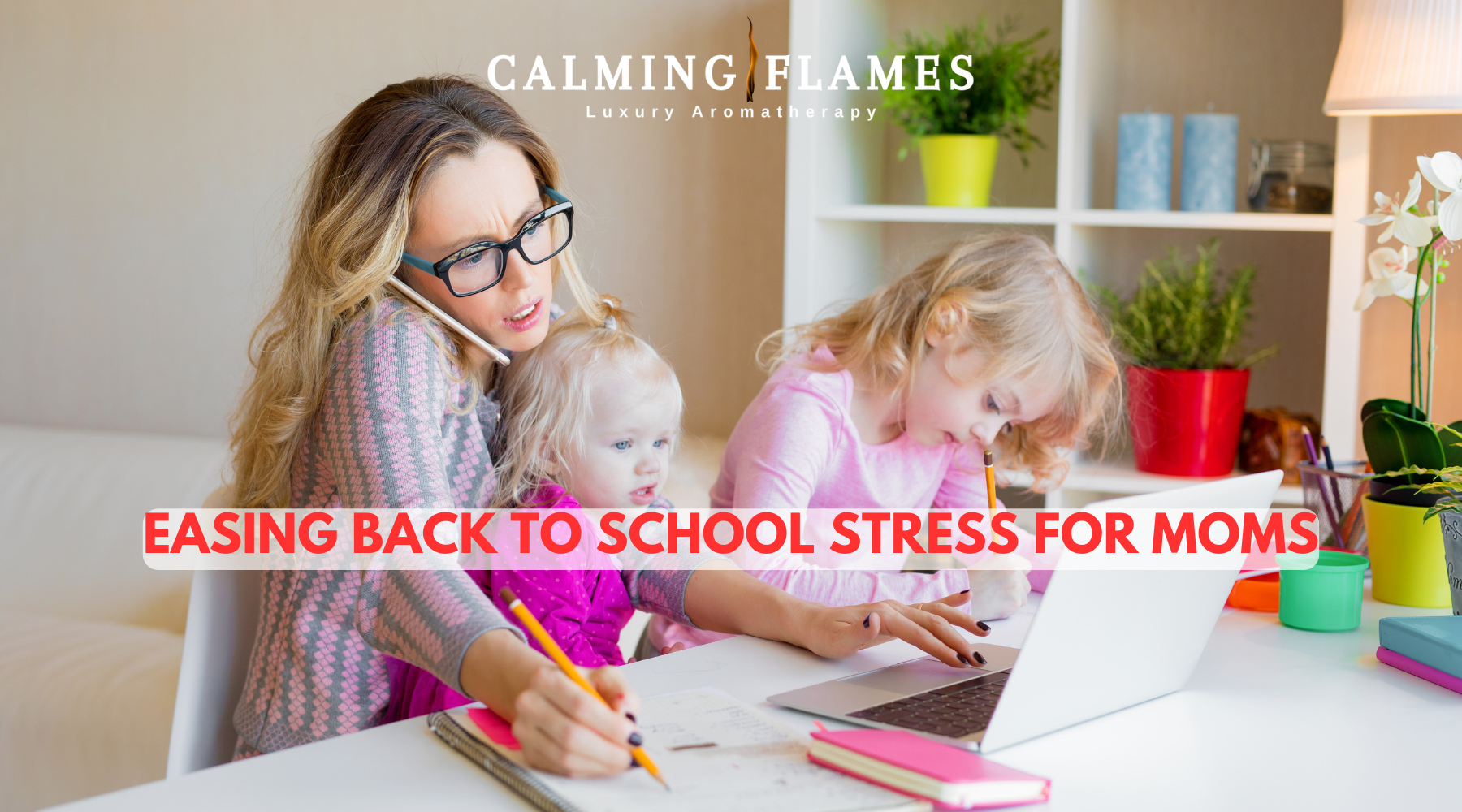Understanding the Relationship Between Coffee and Anxiety
Coffee is a beloved beverage for many, but its relationship with anxiety is a complex one. As a stimulant, caffeine can have both positive and negative effects on our mental state, including influencing feelings of anxiety.
It's important to understand how coffee and anxiety are connected. Caffeine, the primary active ingredient in coffee, is a central nervous system stimulant. In moderate amounts, it can provide a boost of energy and enhanced focus. However, consuming too much caffeine can lead to jitteriness, restlessness, and heightened feelings of anxiety.
The connection between coffee and anxiety lies in how caffeine interacts with the body's stress response system. Caffeine triggers the release of adrenaline, which can amplify the physical symptoms of anxiety, such as a racing heart, sweating, and muscle tension. For individuals already prone to anxiety, this can exacerbate their symptoms.
It's worth noting that the relationship between coffee and anxiety is not black and white. Individual factors, such as genetics, metabolism, and overall stress levels, can influence how one's body reacts to caffeine. Some people may be able to consume coffee without experiencing increased anxiety, while others may find that even moderate amounts can trigger their symptoms.
Understanding your personal response to coffee and adjusting your consumption accordingly can be an important step in managing anxiety. By being mindful of how coffee affects you, you can make informed choices about your caffeine intake and find ways to enjoy your favorite beverage without compromising your mental well-being.
The Science Behind How Coffee Can Trigger Anxiety
Caffeine is a stimulant that is found naturally in coffee, tea, and other beverages. While moderate consumption of caffeine can provide a boost of energy and alertness, excessive intake can lead to unwanted side effects, including anxiety.
The mechanism behind how caffeine can trigger anxiety is rooted in the way it interacts with the body's nervous system. Caffeine works by blocking the action of adenosine, a neurotransmitter that normally has a calming effect on the brain. By blocking adenosine, caffeine causes an increase in the activity of other neurotransmitters like norepinephrine and dopamine, leading to a state of heightened arousal and restlessness.
This surge in neurological activity can manifest in physical symptoms of anxiety, such as a racing heart, sweating, trembling, and feelings of nervousness or panic. Individuals who are already prone to anxiety disorders may be particularly susceptible to experiencing these effects from consuming too much caffeine.
It's important to be mindful of your caffeine intake, especially if you are prone to anxiety. Paying attention to how your body reacts to coffee and other caffeinated beverages can help you determine your personal tolerance and adjust your consumption accordingly. Maintaining a balanced diet, staying hydrated, and engaging in stress-reducing activities can also help mitigate the anxiety-inducing effects of caffeine.
Factors That Influence How Coffee Affects Anxiety Levels
Many factors influence how coffee affects a person's anxiety levels. An individual's sensitivity to the stimulating effects of caffeine is a key determinant. Some people have a higher caffeine tolerance and can consume more coffee before experiencing anxiety, while others are more sensitive and may feel anxious after just a small amount.
Genetics also play a role, as certain genetic variants can impact how the body metabolizes and responds to caffeine. Additionally, an individual's current anxiety levels, stress levels, and other health conditions can influence their coffee-anxiety threshold.
The amount of coffee consumed is another important factor. Higher doses of caffeine are more likely to trigger anxiety symptoms compared to lower, more moderate intakes. Building up a tolerance to caffeine over time can also shift the dosage that leads to anxiety.
Overall, the relationship between coffee and anxiety is complex and highly individualized. Understanding the specific factors that influence your personal caffeine sensitivity can help you determine the optimal amount of coffee to consume without exacerbating anxiety.
Tips for Reducing Anxiety When Drinking Coffee
Coffee is a beloved beverage for many, but for some, the caffeine can trigger feelings of anxiety. If you find that coffee makes you feel jittery or on edge, there are ways to reduce coffee-related anxiety.
First, be mindful of your caffeine intake. Stick to moderate amounts, such as 1-2 cups per day, and pay attention to how your body reacts. Gradually reducing your consumption can help your body adjust.
Pair your coffee with a healthy snack that contains protein or complex carbs, which can help stabilize blood sugar levels and prevent energy crashes. Staying hydrated by drinking water alongside your coffee is also important.
Try brewing your coffee with less grounds or opting for a lighter roast, which has slightly less caffeine. Adding milk or a non-dairy creamer can also help mellow out the effects.
Finally, be aware of when you're drinking coffee. Avoiding it close to bedtime can prevent sleep disruptions that can exacerbate anxiety. With a few simple adjustments, you can continue to enjoy coffee without the unwanted side effects.
When to Avoid Coffee if You Struggle with Anxiety
Coffee is a popular beverage that many people rely on to help them feel more alert and focused. However, for individuals who struggle with anxiety, consuming coffee can actually exacerbate their symptoms. Here are some key times when it may be best to avoid coffee if you have anxiety:
When you're already feeling anxious. Caffeine is a stimulant that can increase heart rate, blood pressure, and feelings of nervousness. If you're already experiencing anxiety, a cup of coffee may push you over the edge and trigger an attack.
Before a stressful event. Whether it's a work presentation, social gathering, or other high-pressure situation, consuming coffee beforehand can amp up your anxiety and make it harder to manage.
If you have an anxiety disorder. For those with generalized anxiety disorder, panic disorder, or other clinical anxiety conditions, coffee may be more likely to induce symptoms like shaking, sweating, and racing thoughts.
It's important to pay attention to your own anxiety triggers and caffeine threshold. Experiment with cutting back on coffee or switching to decaf to see if it provides relief from your anxiety symptoms. Consulting a healthcare provider can also help determine the role of coffee in your anxiety.
Conclusion: Taking Control of Coffee's Impact on Your Anxiety
Coffee's relationship with anxiety is a complex one. While moderate consumption may provide some benefits, excessive or ill-timed intake can exacerbate feelings of worry and nervousness. The key is to understand your own body's response and find the right balance.
By being mindful of your caffeine intake, timing your consumption strategically, and exploring alternatives like decaf or herbal teas, you can take control of coffee's impact on your anxiety levels. Pay attention to how your body reacts and make adjustments as needed. With a little experimentation, you can enjoy coffee's upsides while minimizing the downsides.
Maintaining a healthy relationship with caffeine is an important part of overall wellness. By taking the time to understand your personal needs, you can optimize coffee's role in your life and keep anxiety at bay.










Leave a comment
All comments are moderated before being published.
This site is protected by hCaptcha and the hCaptcha Privacy Policy and Terms of Service apply.